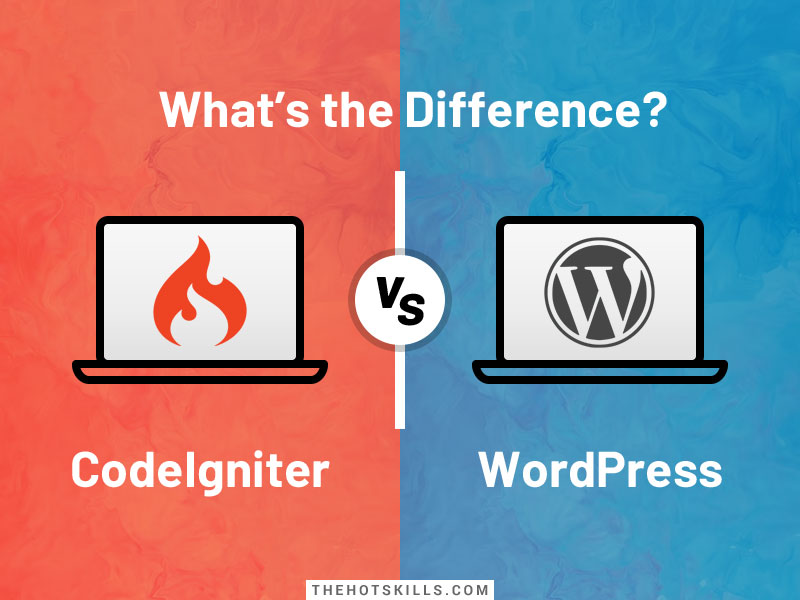Salesforce DevOps assist the IT departments of companies to deliver increased business value to the clients as they can boost the frequency speed and better-quality releases. However, besides this, there are additional reasons why companies that bank on Salesforce seek powerful tools for DevOps and embrace agile practices.
If you examine the advantages of Salesforce, you will often find them benefitting the whole company as they span over several operational and technical areas. For example, embracing DevOps transforms the performance of your developer teams, bringing you a host of benefits to your business. In addition, companies that embrace Salesforce DevOps can get more value from their investment in it.
When it comes to using the Salesforce platform, the priorities of all businesses are never the same. Instead, different sectors and industries have their particular concerns that will determine the benefits from Salesforce and its value the most. Salesforce can also be used for selling to the C-suite (the highest level executives in a company, such as the CEO, CFO, and CTO). In fact, Salesforce provides several tools and features that are specifically designed to help sales reps sell to these top-level executives. While DevOps is not directly related to selling to the C-suite, it can indirectly support the sales process by improving software quality, enhancing customer satisfaction, and improving business agility.
5 Business Benefits You Get With Salesforce DevOps
The following are some of the key advantages that companies derive when they embrace the Salesforce platform for their business:
1. The rapid release cycle results in added business agility
When you have a DevOps process that is flexible, this allows the business to release pipelines containing several workstreams and offers support for parallel projects at different phases of completion. In addition, the new features of the application are tested continuously and released thanks to an extensive DevOps workflow that eliminates conflicts, blockages, and bottlenecks.
Most enterprises that use Salesforce can release applications at least once in seven days on average with high-performing developer teams. They could deploy their software applications to production orgs daily or even many times in a day. This makes organizations that use DevOps agile as their teams are better and faster when addressing the business challenges when they surface. These teams can switch between feedbacks of the stakeholders and workstreams. Due to the above, they can follow a strategy of iterative development that delivers continuous improvements to their end-users.
2. Reduce TAT and faster deployments
Conventionally, deployments through the Salesforce pipeline are prone to bugs and were time-consuming. In addition, the teams had to depend upon manual tools like changesets to migrate the changes from the development to the test environment and later to production. Adopting a complete Salesforce DevOps solution for deployments has enabled the developer reams to boost their rates of success dramatically.
The time taken for deployment was much less, and some businesses even report times that are less than one hour. This means the time needed for new features, customizations, and apps is tested and available to the end-users. Faster deployments also contribute to brief times that are shorter. This means that once the application is built, the work can progress faster from its completed development to its release into the production org. This shorter turnaround time or TAT saves the enterprises a lot of money. Moreover, this also frees up their resources for other core important tasks for the business and projects.
3. The releases are high in quality, and they can deliver improved features
The process of DevOps also incorporates quality assurance and depends largely on automated approaches to the workflow via the pipeline. It pulls from and merges into the version control as the source of truth. Procedures for the governance for testing and release can be incorporated at every phase so that these new features function correctly and match the requirements of the business.
New work can later be deployed by the company without breaks in its functionality or causing any major problems in production. Businesses had responded better quality when it came to their releases with lesser bugs and errors. This reduction in errors is because of the continuous tests conducted in the earlier stages of the development process. It is also due to the iterative process that allows frequent releases of small changes that reduce the risk of any single release.
4. Optimize the ROI from Salesforce
When empowered by the DevOps process, teams can devote extra time to develop. As a result, they spend lesser time when it comes to process management. The company can benefit as the work is finished faster with the lesser developer and admin house wasted on tracking changes deployments and, keeping the environments in sync with the production org, and fixing the bugs in releases.
The time saved is a lot, especially for those teams that relied on deployments solely in the past. There is more efficiency in change management, and the company can enjoy greater benefits when it comes to ROI for the company. Both time and money are saved in the process, and they can use their resources to create new features. This also helps the other departments of the company to trigger growth in the revenue with success.
5. Reliable and continuous delivery with automation
With automation, companies can save a lot of time for their teams on each deployment run. This also reduces the time generally taken for manual tests. High-quality code is validated and can be tested in advance of every release. This leads to less time spent by the developer team to solve critical issues and bugs.
Moreover, when it comes to an automated workflow that is successful, every developer on your team can release new features to the end-user as soon as possible. This is because they have a robust and extensive process that is reliable for their needs. Most companies using the Salesforce platform like to use automated CI/CD workflows for their business. Some of them also plan to launch automation into their business processes soon. It will help them manage their production, development and distribution better.
Therefore, when it comes to Salesforce DevOps, you find that it offers companies the above-listed benefits. As a result, the stakeholders can get improved business value leading to greater customer satisfaction and revenue for the business! Many businesses are looking to adopt these for their process in the coming days to get better results for clients and customers.







